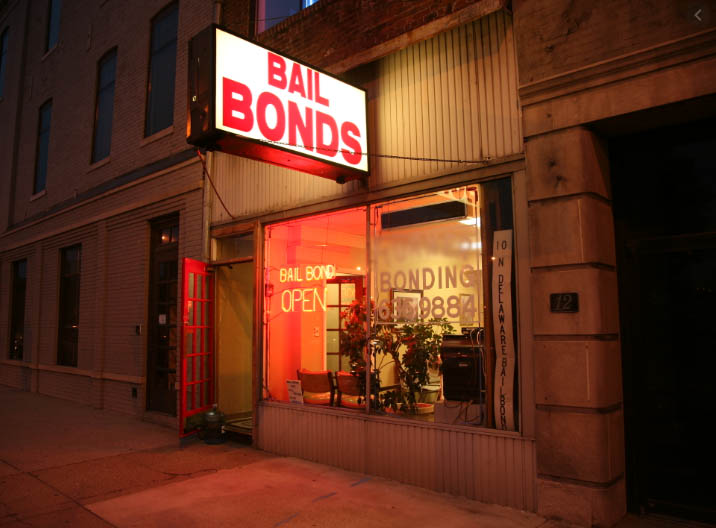Charged with a DWI or Another Crime In Denton County? You may be asking what is a Bail Bond?
The first thought you will likely have when booked for a DWI/DUI is how you will get out of jail. Every case is different, but generally the quickest way to get out of jail before your trial involves a bail bond. In this article, we will review how bail bonds work and how a DWI/DUI attorney can help get you released from jail.
A bail bond is a method for getting released from jail before your trial. Essentially, it is a promise to the court that you will return for all trials and hearings in exchange for putting up money or collateral to secure this promise. This is not the same as a pretrial intervention or dismissal of the charges against you. In fact, the bail bond process means that you must be even more diligent in attending all your scheduled court dates and hearings or risk having your bond revoked.
If you show up for your all of your court dates, your bail money will be returned. However, if you fail to show up in court, the money is forfeited.
How is Bail Determined?
Within 48 hours of your arrest, you will appear in court where a judge will determine whether or not you are eligible for bail and, if eligible, what your bail amount should be.
According to the Texas Constitution and the Eighth Amendment of the United States Constitution, the bail amount must not be deemed “excessive.” The United States Constitution states that the bond amount should equal the amount necessary for accomplishing the State’s purpose, which is to ensure that people show up for their court hearings and trials. Despite this guidepost, many judges set a high bail amount as a way to penalize the defendant for their suspected wrongdoing. This, quite simply, is unacceptable and is something that your DWI/DUI attorney can defend against at a special bail hearing.
The Texas Code of Criminal Procedure contains a checklist to follow when setting a bail amount in order to ensure the amount is not excessive. Setting a bail amount, however, still involves a delicate balance and assessment. If court sets the bail to high, defendants below a certain income level would be unable to pay and would stay incarcerated. However, setting a bail amount that is to low may cause a defendant to skip out on their trial and/or hearing because losing a small amount of money is more desirable a prospect than the possible consequences associated with a conviction.
Because the law requires that the court take many factors into consideration when setting a bond amount, the judge may choose to place certain conditions on your bail such as submission to drug testing or house arrest.
Types of Bail Bonds
There are three main types of bonds that can be used to get you out of jail, and which is best depends on your circumstances. An experienced DWI/DUI attorney can help you make the choice that is right for you.
Personal Recognizance Bond: A Personal Recognizance Bond, or “ PR bond,” means you are released without having to pay anything. You simply promise that you will appear at any and all court dates. While no official “bond” will be set, the county will charge a “personal bond fee” that is 3% of the typical bond amount or $20.00, whichever is greater.
The court assumes a high risk with this type of bond, and therefore, not everyone will be able to secure a PR bond. The judge will determine your eligibility based on an interview performed by Pretrial Services, which will determine whether or not you are a “flight risk.” Certain charges, such as high-level felonies, are never eligible for personal bonds.
Cash Bond: For a cash bond, the defendant pays the set bail amount in cash. The entire amount is refunded to the defendant once their case is completed, even if they are found guilty. Many people cannot afford the full bond amount or cannot afford for their case to be complete before they are refunded their money. For these reasons, most defendants turn to surety bonds.
Surety Bond: With surety bonds, a third party, such as a bondsman or attorney, will charge you a non-refundable fee to use their services. This fee is typically 10% of the bond amount. The bondholder will then use this money to pay the bail. Because the bondsman is a disinterested third party, they are not required pay the full amount of the bond upfront. However, if you fail to appear at your hearing, the bondholder will be on the hook for paying the court in full.





